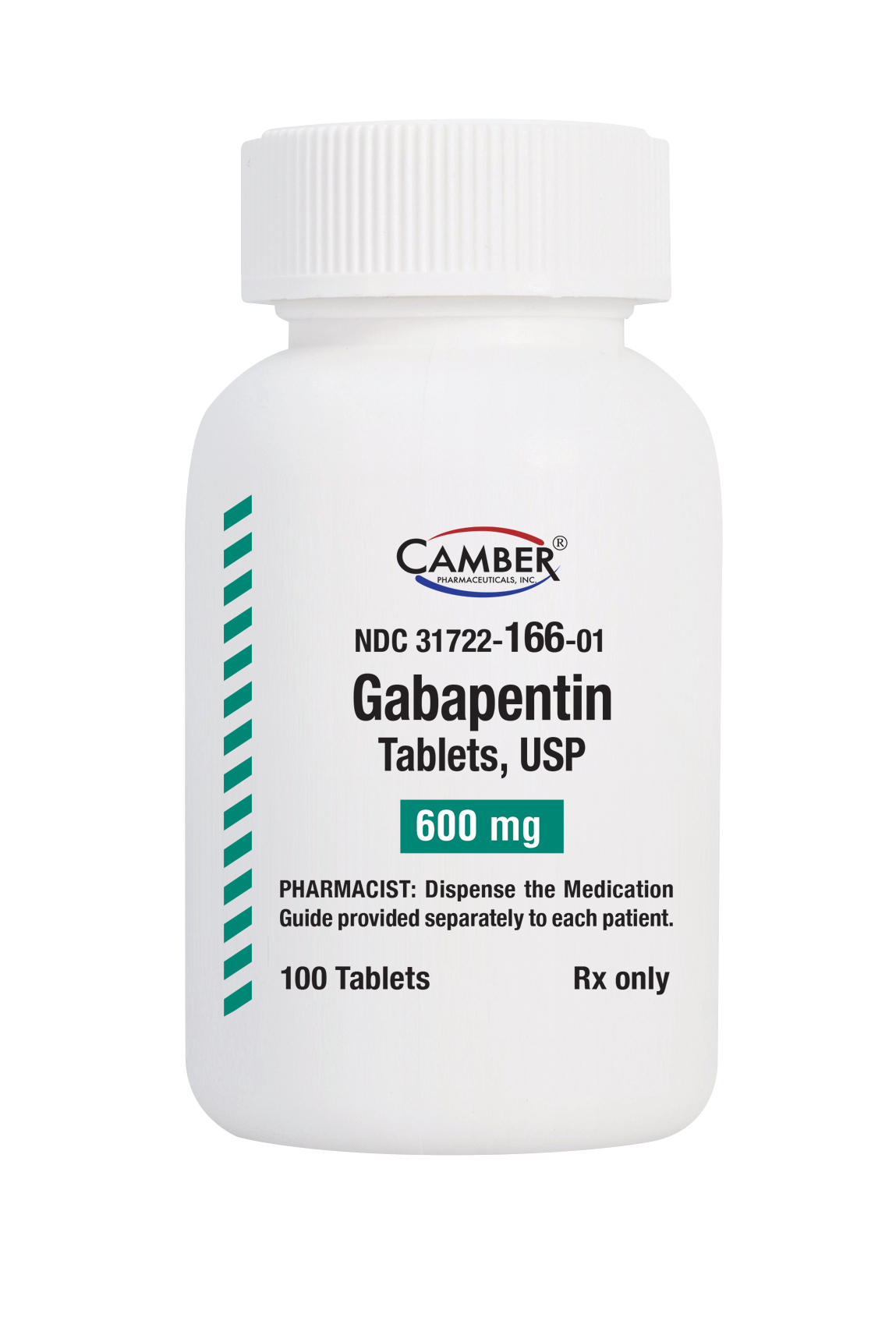Diabetic Neuropathy: Symptoms, Causes & Treatment
What are the different types of diabetic neuropathy?
Diabetic neuropathy is a type of nerve damage that can occur in people with diabetes. There are several different types of diabetic neuropathy, each affecting different nerves and causing different symptoms. The main types of diabetic neuropathy include:
- Peripheral Neuropathy: Peripheral neuropathy is the most common type of diabetic neuropathy. It affects the nerves that control sensation, usually starting in the feet and spreading to the hands and arms. Symptoms may include numbness, tingling, burning, or pain in the affected areas. Peripheral neuropathy can also affect the muscles, leading to weakness and difficulty walking.
- Autonomic Neuropathy: Autonomic neuropathy affects the nerves that control involuntary functions such as heart rate, digestion, bladder function, and sweating. Symptoms may include dizziness, lightheadedness, nausea, vomiting, diarrhea, constipation, bladder problems, sexual dysfunction, and difficulty regulating body temperature.
- Proximal Neuropathy: Proximal neuropathy affects the nerves in the thighs, hips, or buttocks. It can cause pain, weakness, or numbness in these areas, often on one side of the body. Proximal neuropathy can also lead to difficulty rising from a seated position or climbing stairs.
- Focal Neuropathy: Focal neuropathy affects a single nerve or a group of nerves, causing sudden, severe pain in the affected area. Focal neuropathy can occur in any part of the body and can lead to muscle weakness or paralysis.
- Mononeuropathy: Mononeuropathy is a type of focal neuropathy that affects a single nerve, most commonly in the wrist (causing carpal tunnel syndrome), thigh, or foot. It can cause pain, numbness, or weakness in the affected area.
The symptoms of diabetic neuropathy can vary depending on the type of neuropathy and the nerves affected. It’s important for people with diabetes to monitor their symptoms and report any changes to their healthcare provider. Treatment for diabetic neuropathy may include medication to manage symptoms, blood sugar control, physical therapy, and lifestyle changes.
What are the causes of diabetic neuropathy?
The exact cause of diabetic neuropathy is not fully understood, but it is believed to be related to a combination of factors, including:
- High Blood Sugar Levels: High blood sugar levels over time can damage the nerves throughout the body. Elevated levels of glucose in the bloodstream can lead to chemical changes in the nerves, impairing their ability to transmit signals.
- Poor Blood Circulation: Diabetes can damage the blood vessels that supply oxygen and nutrients to the nerves, leading to nerve damage.
- Inflammation: Chronic inflammation, which is common in diabetes, can contribute to nerve damage.
- Autoimmune Factors: In type 1 diabetes, the body’s immune system mistakenly attacks and damages the nerves, leading to neuropathy.
- Genetic Factors: Some people may be genetically predisposed to developing diabetic neuropathy.
- Lifestyle Factors: Factors such as smoking, alcohol abuse, and poor diet can increase the risk of developing diabetic neuropathy.
- Duration of Diabetes: The longer a person has diabetes, the higher their risk of developing diabetic neuropathy.
- Other Medical Conditions: Conditions such as kidney disease, high blood pressure, and high cholesterol can increase the risk of diabetic neuropathy.
It’s important for people with diabetes to manage their blood sugar levels, blood pressure, and cholesterol levels to help prevent or delay the development of diabetic neuropathy. Regular monitoring and early detection of neuropathy are also important for preventing complications.
What is the treatment for diabetic neuropathy?
The treatment for diabetic neuropathy focuses on managing symptoms and preventing further nerve damage. Treatment may include:
- Blood Sugar Control: Maintaining tight control of blood sugar levels can help slow the progression of diabetic neuropathy and prevent further nerve damage.
- Medications:
- Pain Medications: Over-the-counter or prescription pain medications may be used to help manage pain associated with neuropathy.
- Antidepressants: Certain antidepressant medications, such as tricyclic antidepressants or selective serotonin reuptake inhibitors (SSRIs), may be used to help relieve nerve pain.
- Anticonvulsants: Certain anticonvulsant medications, such as gabapentin or pregabalin, may be used to help relieve nerve pain.
- Topical Medications: Creams or patches containing lidocaine or capsaicin may be used to help relieve nerve pain.
- Physical Therapy: Physical therapy can help improve muscle strength, balance, and coordination, which can help reduce the risk of falls and injuries.
- Transcutaneous Electrical Nerve Stimulation (TENS): TENS is a therapy that uses electrical stimulation to help relieve nerve pain.
- Foot Care: Proper foot care is important for people with diabetic neuropathy to prevent foot ulcers and infections. This may include wearing comfortable shoes, inspecting the feet regularly, and keeping the feet clean and dry.
- Lifestyle Changes:
- Quit Smoking: Smoking can worsen nerve damage and increase the risk of complications. Quitting smoking can help improve symptoms.
- Healthy Diet: Eating a healthy diet can help control blood sugar levels and prevent further nerve damage.
- Exercise: Regular exercise can help improve circulation, reduce pain, and improve overall health.
- Regular Monitoring: Regular check-ups with a healthcare provider are important for monitoring the progression of diabetic neuropathy and adjusting treatment as needed.
It’s important for people with diabetic neuropathy to work closely with their healthcare team to develop a treatment plan that meets their individual needs. Early detection and treatment of diabetic neuropathy can help prevent complications and improve quality of life.




